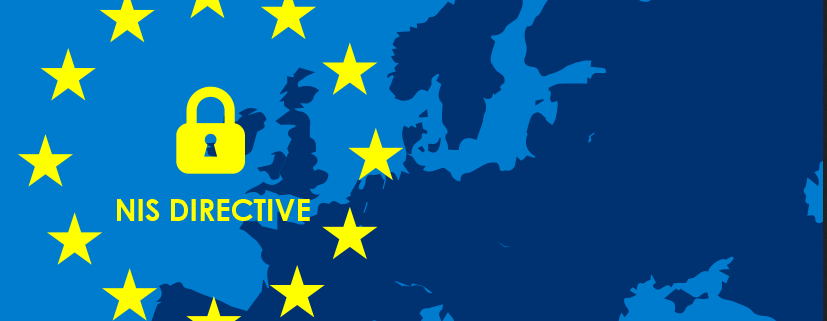
Consultancy and audit for the implementation of the NIS Directive
The European Network and Information Systems Security Directive (NIS Directive) is legislation aimed at ensuring the cyber security of critical infrastructures and essential services in the Member States of the European Union. NIS Directive compliance advisory services help organisations to meet their obligations under European legislation and actively protect their critical activities against cyber threats.
Through these consultancy services, organisations will be able to identify and assess the cyber security risks associated with their core activities and develop security plans and procedures for preventing, detecting and managing cyber incidents. They will be helped to meet their reporting requirements under the NIS Directive and develop their crisis management capabilities.
The benefits of consultancy services for NIS Directive compliance include:
- Protection against cyber-attacks – Improving the ability of organisations to detect and manage cyber incidents so that they can deliver essential services on a continuous basis.
- Regulatory compliance – Ensuring compliance with legislative requirements under the NIS Directive and avoiding fines and other legal penalties.
- Reputation Enhancement – Improving public perception of the organisation’s ability to protect critical information and activities.
- Cost Savings – Reduce costs associated with remediation of cybersecurity issues and minimize financial losses.
In conclusion, advisory services for NIS Directive compliance are essential to protect critical infrastructures and critical services against cyber threats and to ensure that legislative requirements are met in accordance with the NIS Directive. These services help organisations develop their cyber security capabilities and manage incidents effectively, protecting their critical information and activities.
The security audit in the implementation of the European NIS Directive against the requirements of the National Cyber Security Directorate (DNSC) aims to assess the level of cyber security of organisations that are subject to the obligations imposed by the NIS Directive and the DNSC.
This audit involves a detailed review of the implementation of the organisation’s cybersecurity measures and cybersecurity management systems in accordance with the requirements and standards set out in the NIS Directive and the DNSC. It can be carried out both internally, by the organisation’s own cyber security team, and externally, by a specialist cyber security consultancy firm.
The auditors will examine the policies, procedures and technical measures implemented by the organisation to meet the requirements of the NIS Directive and the DNSC, as well as the organisation’s capabilities to manage cyber security incidents. It will also identify any vulnerabilities in the organisation and propose remedial measures.
The benefits of security auditing in the implementation of the European NIS Directive in relation to DNSC requirements include:
- Identify vulnerabilities – The audit will help the organization identify and remediate any vulnerabilities in its cybersecurity system.
- Regulatory compliance – The audit will verify that the organisation complies with the requirements of the NIS Directive and the DNSC.
- Improving cybersecurity capabilities – The audit will help the organization improve its cybersecurity capabilities and manage incidents effectively.
- Cost savings – The audit will identify any weaknesses in the cybersecurity system and propose remedial measures so that the organisation can save costs.
In conclusion, security auditing in the implementation of the European NIS Directive in relation to DNSC requirements is essential to ensure the cyber security of organisations that are subject to the obligations imposed by the NIS Directive and the DNSC. It helps organisations identify vulnerabilities and improve their cybersecurity capabilities so they can manage incidents effectively and protect their critical information and activities.

